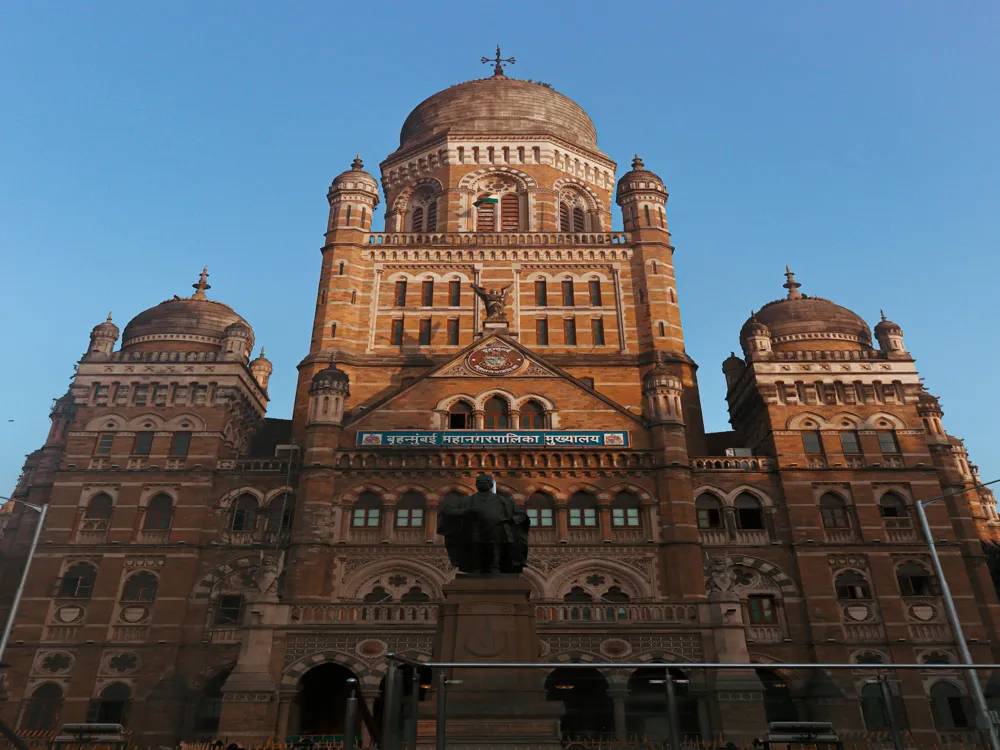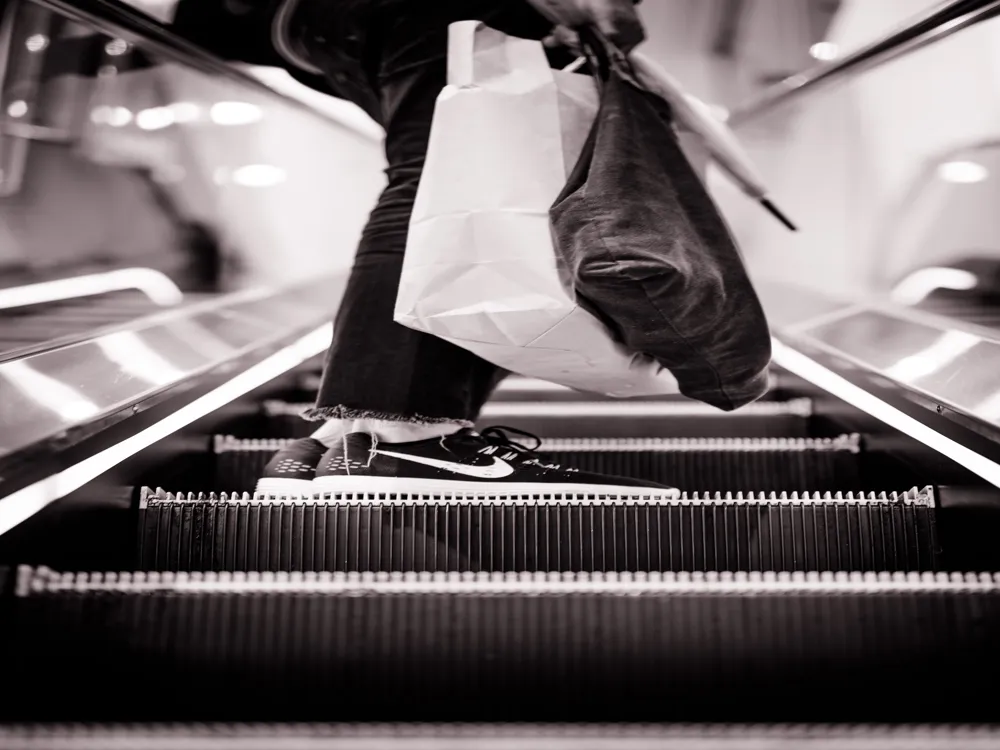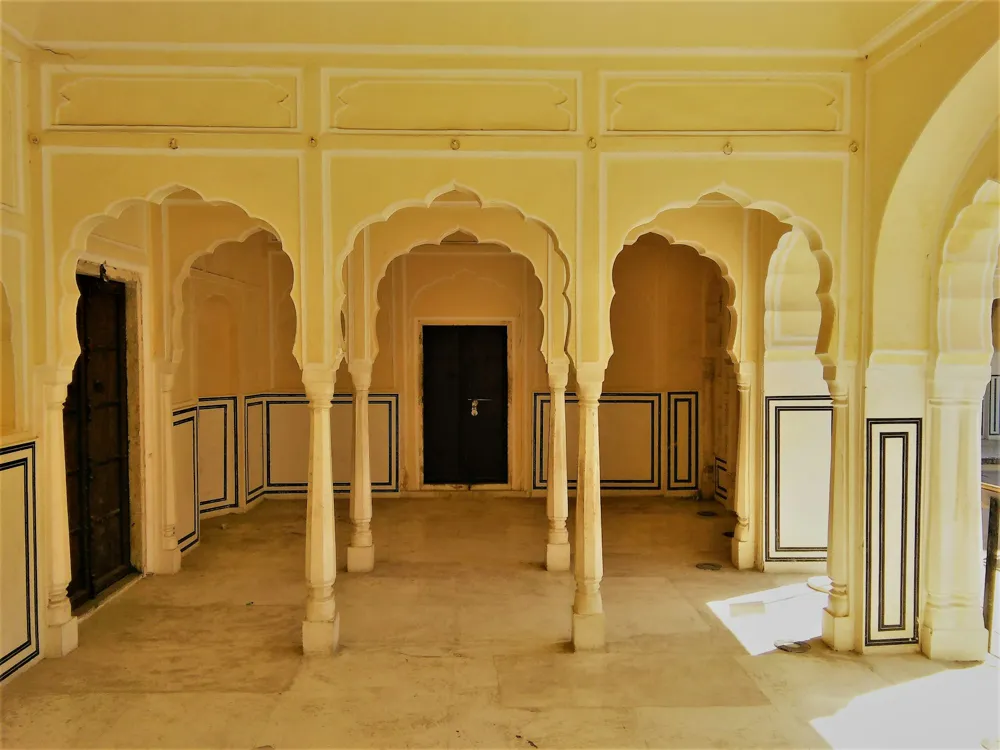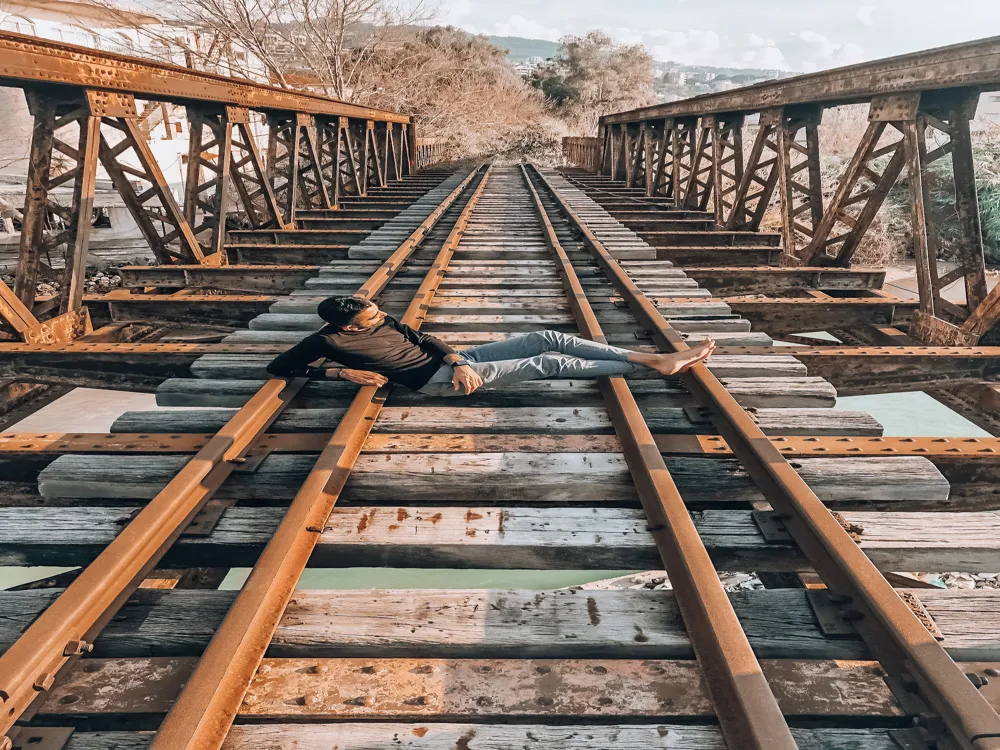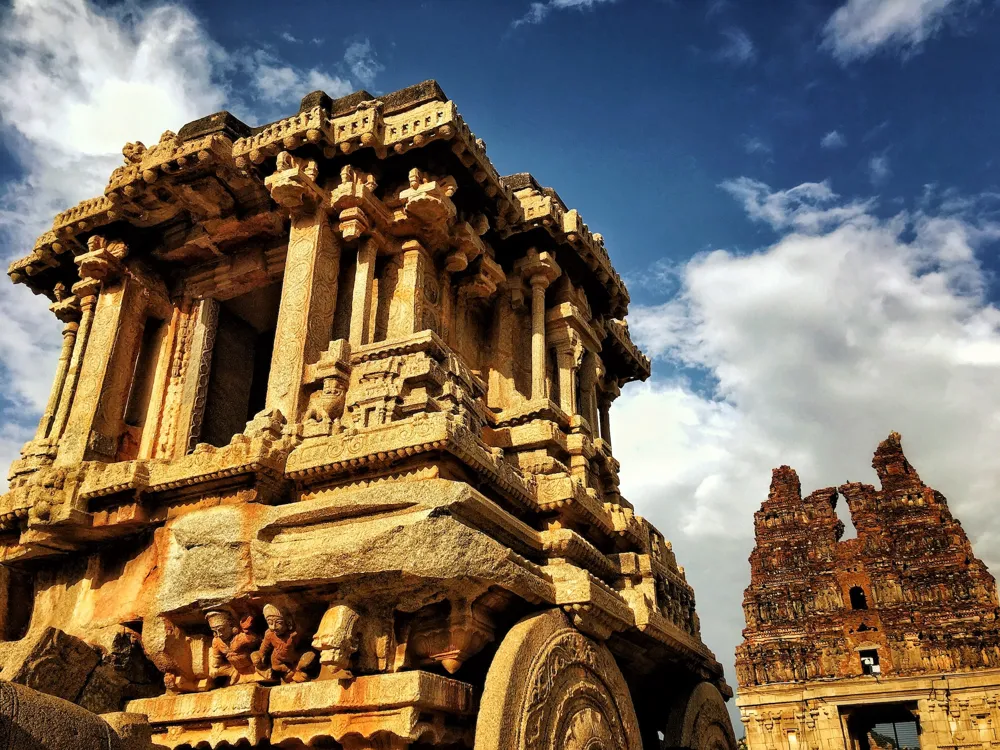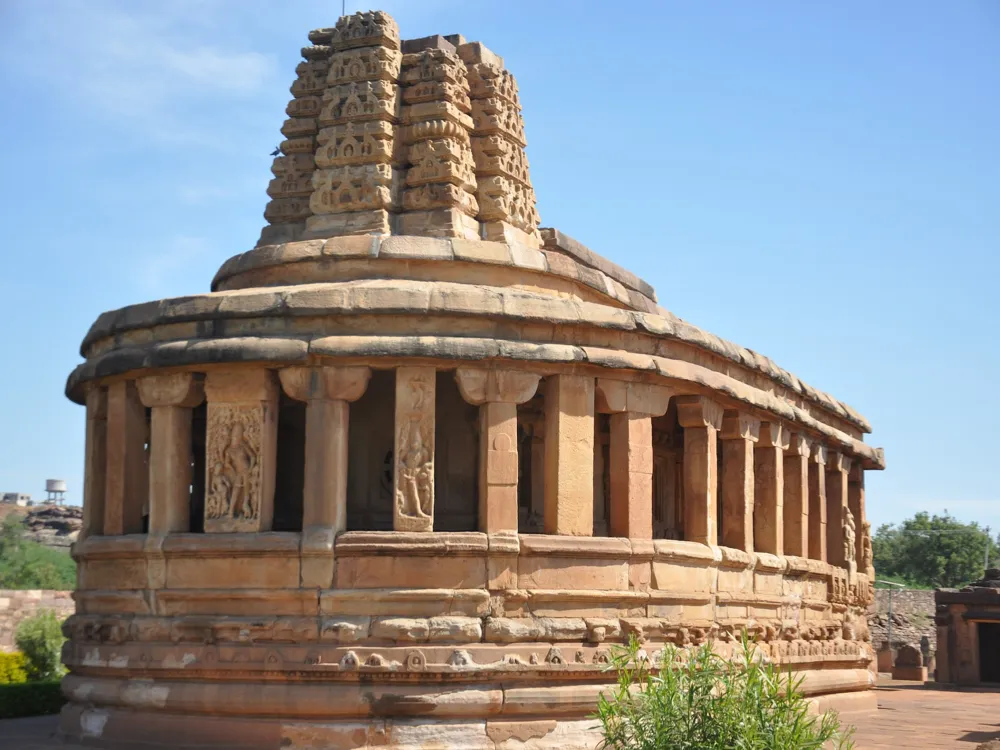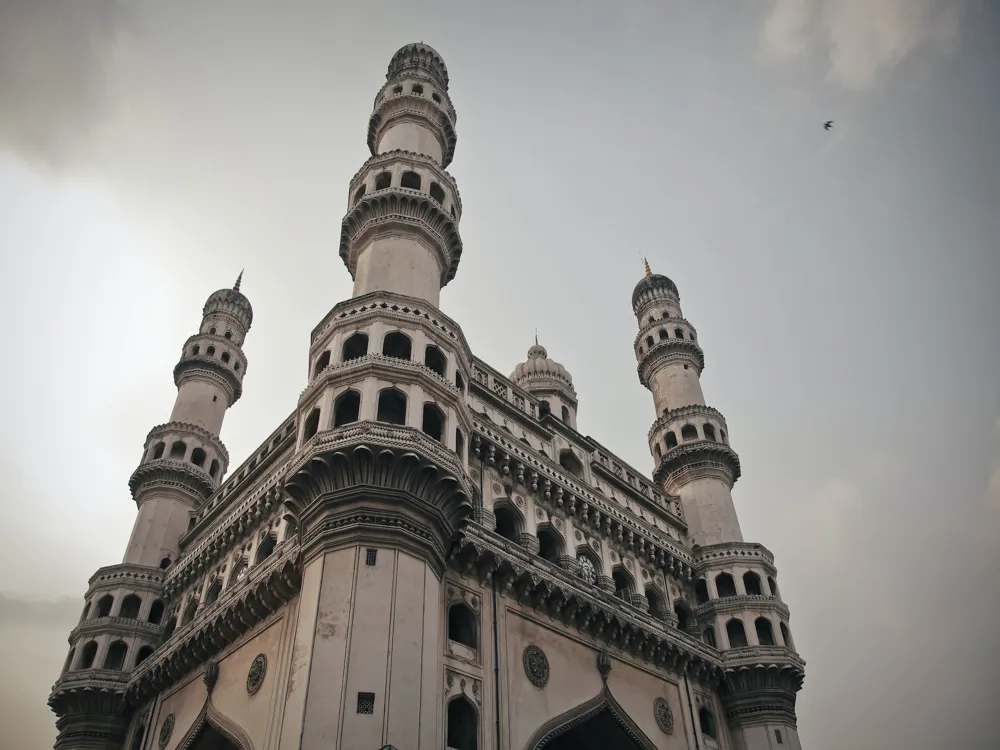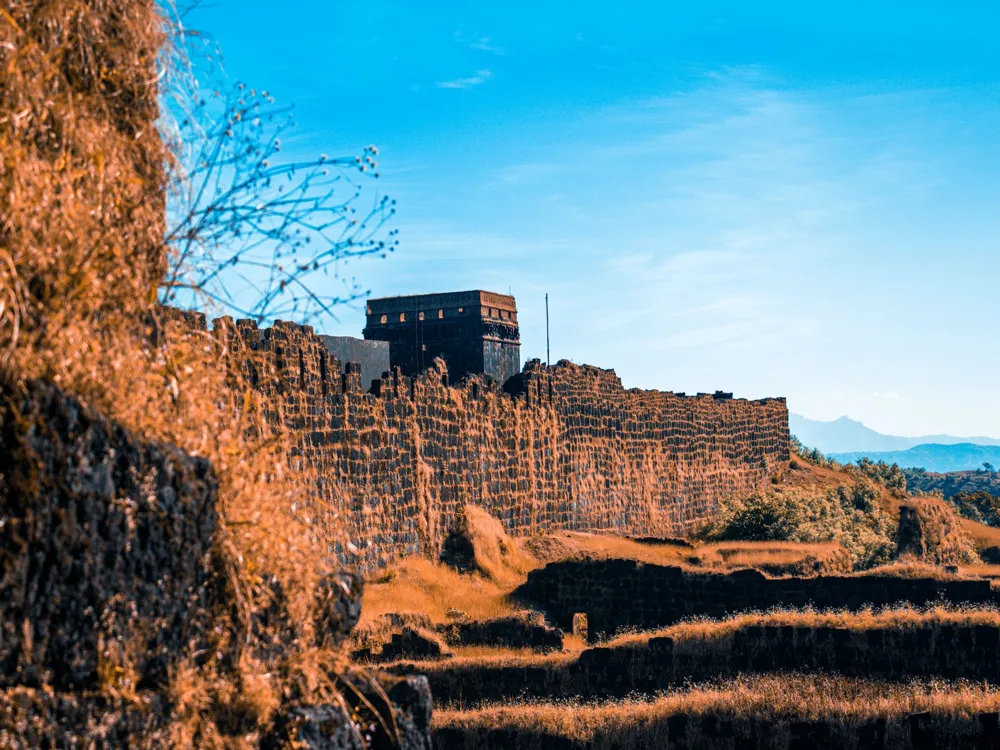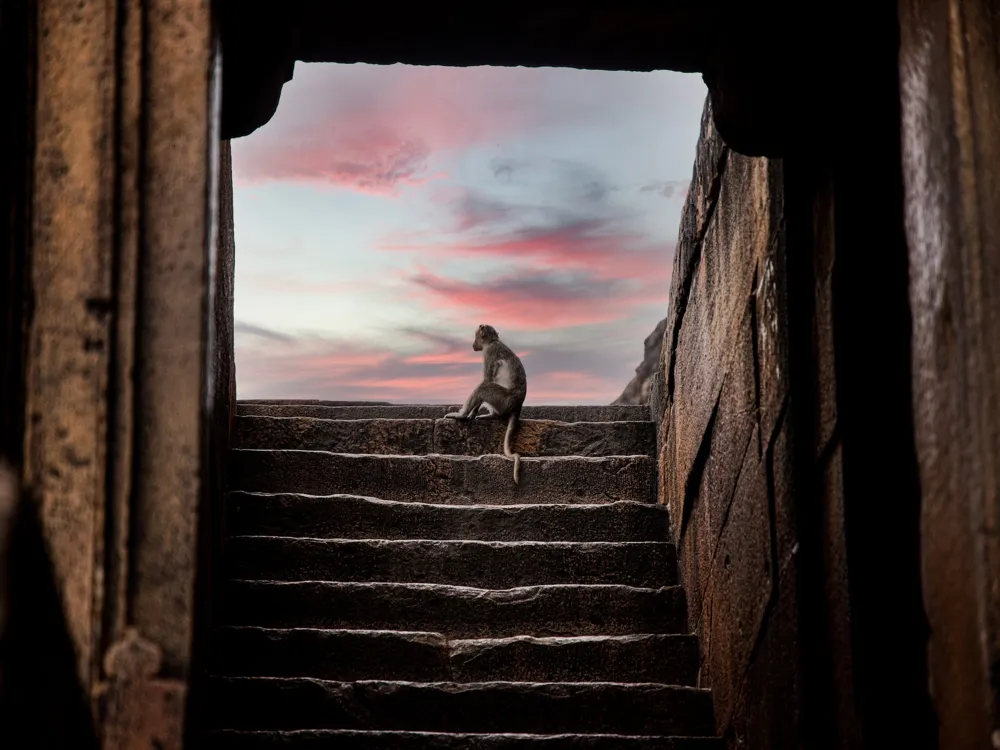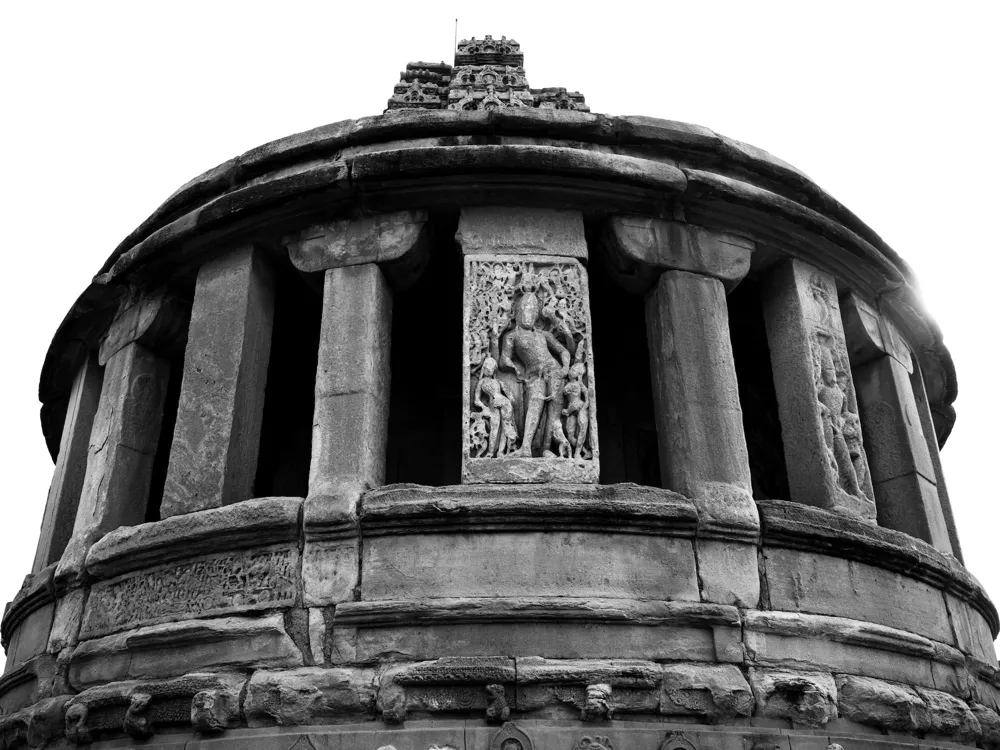Bijapur, a historic city in Karnataka, India, is not just a treasure trove of architectural marvels but also a vibrant shopping destination. Known for its illustrious history, Bijapur offers an array of shopping experiences that reflect its rich cultural heritage. From bustling local markets to quaint handicraft shops, the city is a paradise for those looking to delve into the essence of traditional Indian shopping. Whether you're in search of exquisite silk sarees, intricately crafted artifacts, or local spices, Bijapur's shopping scene promises an adventure of its own. When in Bijapur, shopping becomes an exploration of the city's heritage. The markets are brimming with traditional items such as Ilkal sarees, known for their unique weaving style and vibrant colors. These sarees are a symbol of the region's textile legacy. Besides textiles, Bijapur is famous for its handcrafted wooden toys, brassware, and leather puppets, each telling a story of the local craftsmanship that has been passed down through generations. Exploring the local markets in Bijapur is an experience in itself. The Gandhi Chowk Market, for instance, is a bustling hub where you can find a variety of goods ranging from clothing to local handicrafts. For an authentic Bijapur shopping experience, head to the Meena Bazaar. This market, with its labyrinth of shops and stalls, offers a glimpse into the traditional trading practices of the region. The shopping experience in Bijapur is deeply ingrained in its cultural ethos. It's not just about what you buy but how you engage with the sellers, understand the stories behind the products, and immerse yourself in the lively atmosphere of the markets. The warmth of the local vendors, coupled with the rich assortment of goods, makes shopping in Bijapur a memorable and enriching experience. Bijapur's shopping architecture is a blend of historical grandeur and contemporary needs. The city's markets are often housed in centuries-old structures, where the echoes of the past meet the hustle and bustle of modern commerce. These markets are not just places of trade but are living museums, showcasing the architectural brilliance of the bygone eras. The intricate designs, spacious courtyards, and grand entrances of these marketplaces tell a tale of a time when Bijapur was a flourishing center of trade and culture. The marketplaces in Bijapur are steeped in history, with many dating back to the Adil Shahi dynasty. These markets were not only commercial centers but also social hubs where people from different walks of life congregated. The architecture of these markets reflects the Islamic influence, with domes, arches, and minarets that add to their historical allure. In recent years, there has been a growing awareness about preserving the architectural heritage of Bijapur's marketplaces. Efforts are being made to maintain the original structure and aesthetics of these markets while adapting them to the needs of contemporary shopping. This preservation is crucial in keeping the city's historical identity alive and allowing visitors to experience the architectural magnificence of Bijapur's past. The unique architecture of Bijapur's markets has a significant impact on modern shopping trends. These historical structures offer a shopping experience that is vastly different from the typical urban malls. Shoppers are drawn to these markets not just for the products but for the experience of shopping in a place that resonates with history and culture. The ideal time to visit Bijapur for shopping is during the cooler months from October to March. The weather is pleasant, making it comfortable to explore the outdoor markets and streets. Bargaining is a common practice in Bijapur's markets. Don't hesitate to negotiate prices, especially in local bazaars. It's part of the shopping culture and often expected by vendors. Consider hiring a local guide for a more insightful shopping experience. Guides can take you to the best shops and help in communicating with local vendors. Respect the local culture and traditions. Dress modestly and be polite in your interactions with shopkeepers and locals. Bijapur has much more to offer beyond shopping. Allocate time to explore its historical monuments, cuisine, and cultural activities for a well-rounded experience. Bijapur is well-connected by road and rail. The nearest airport is in Belgaum, about 205 kilometers away. Regular buses and trains connect Bijapur to major cities in Karnataka and neighboring states. Once in Bijapur, auto-rickshaws and taxis are readily available for local transportation. For a more authentic experience, consider walking or renting a bicycle to explore the city's shopping areas. Read More:Overview of Shopping in Bijapur, Karnataka
What to Buy in Bijapur
Local Markets and Shopping Areas
Shopping Experience in Bijapur
Architecture of Shopping in Bijapur
Historical Significance of Marketplaces
Preservation of Architectural Heritage
Impact on Modern Shopping Trends
Tips When Visiting Shopping in Bijapur
Best Time to Visit
Negotiating Prices
Local Guides
Cultural Etiquette
Exploring Beyond Shopping
How To Reach Shopping in Bijapur
Shopping in Bijapur
Bijapur
Karnataka
NaN onwards
View bijapur Packages
Bijapur Travel Packages
View All Packages For Bijapur
Top Hotel Collections for Bijapur

Private Pool

Luxury Hotels

5-Star Hotels

Pet Friendly
Top Hotels Near Bijapur
Other Top Ranking Places In Bijapur
View All Places To Visit In bijapur
View bijapur Packages
Bijapur Travel Packages
View All Packages For Bijapur
Top Hotel Collections for Bijapur

Private Pool

Luxury Hotels

5-Star Hotels

Pet Friendly








